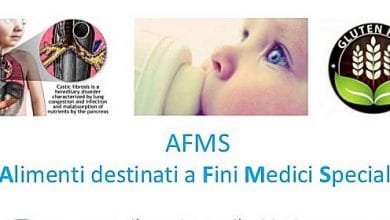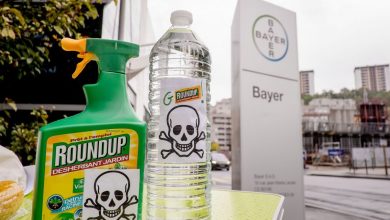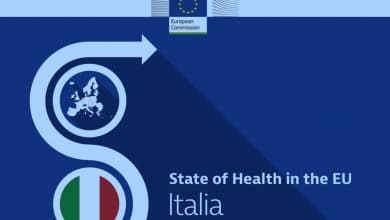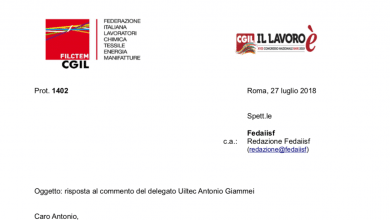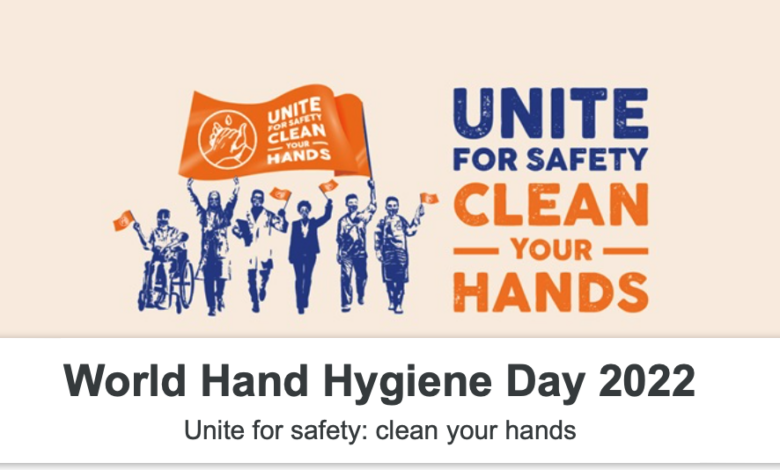
May 5 was celebrated World hand hygiene day, promoted by the World Organization 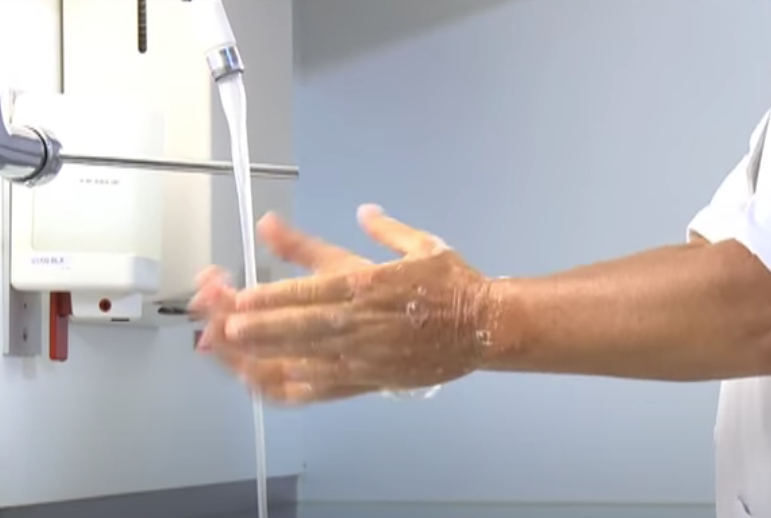 of health (WHO) to celebrate the importance of this simple but essential gesture for the prevention of infectious diseases, both in the community and in care and treatment facilities.
of health (WHO) to celebrate the importance of this simple but essential gesture for the prevention of infectious diseases, both in the community and in care and treatment facilities.
Since 2005, WHO has designated one every year slogan who could lead the hand hygiene campaign globally. For 5 May 2022, the theme proposed by WHO is focused on improving the climate or culture of safety and quality of a facility through hand hygiene, a fundamental act in the prevention and control of infections. Slogan of this year's WHO campaign: “United for safety: sanitize your hands!”.
In healthcare and in the community, washing your hands correctly, with soap and water for at least 40-60 seconds, or, if not available, sanitizing them with a hydroalcoholic solution for at least 20-30 seconds (WHO source), prevents the transmission of the responsible microorganisms of many infectious diseases, from the most frequent, such as flu and colds, to the most severe, such as healthcare-related infections (HAI).
The 2022 campaign invites all people to work together to influence the safety culture, through hand hygiene knowledge and practice, to achieve the common goal of safety and quality in the healthcare organization. A is available video on infection prevention and control measures in English with Italian translation.
How to sanitize your hands
Hand hygiene is the most effective daily action to reduce the spread of pathogens and prevent infections, including SARS-CoV-2 infection.
It is recommended to sanitize your hands:
Before
- to take drugs or give drugs to others
- touching eyes/nose/mouth (e.g., to smoke, use contact lenses, brush teeth, etc.)
- to eat.
Before and after
- having assisted/touched a sick person
- dressing or touching a wound
- changing a baby's diaper
- having handled food, especially if raw
- having used the toilets
- having touched an animal.
After
- touching other people
- having frequented public places (shop, clinic, station, gym, school, cinema, bus, office, etc.) and, in general, as soon as you return home
- have handled the garbage
- have used money.
Remember, in particular, that it is a good habit to cough/sneeze into the crook of the elbow, in order not to contaminate the hands with which you can subsequently transmit your own microorganisms by touching, for example, the hands. cell phone, doorknob, etc. Furthermore, it is recommended to use disposable handkerchiefs to blow your nose, possibly eco-sustainable, to be disposed of in waste and remember to wash your hands immediately after use.
Hand hygiene in healthcare settings
Hand hygiene plays a fundamental role in our health and that of other people, especially in healthcare environments. In fact, healthcare-associated infections are a global problem affecting approximately 7-10% of patients, depending on the country. In Italy, it is estimated that 5-8% of hospitalized patients contract a hospital-acquired infection (source Higher Institute of Health). Not all healthcare-related infections are preventable, but it is estimated that at least half could be avoided.
In all places of care or treatment (from English point of care, POC), it is important to wash your hands with soap and water or sanitize them with a hydroalcoholic solution.
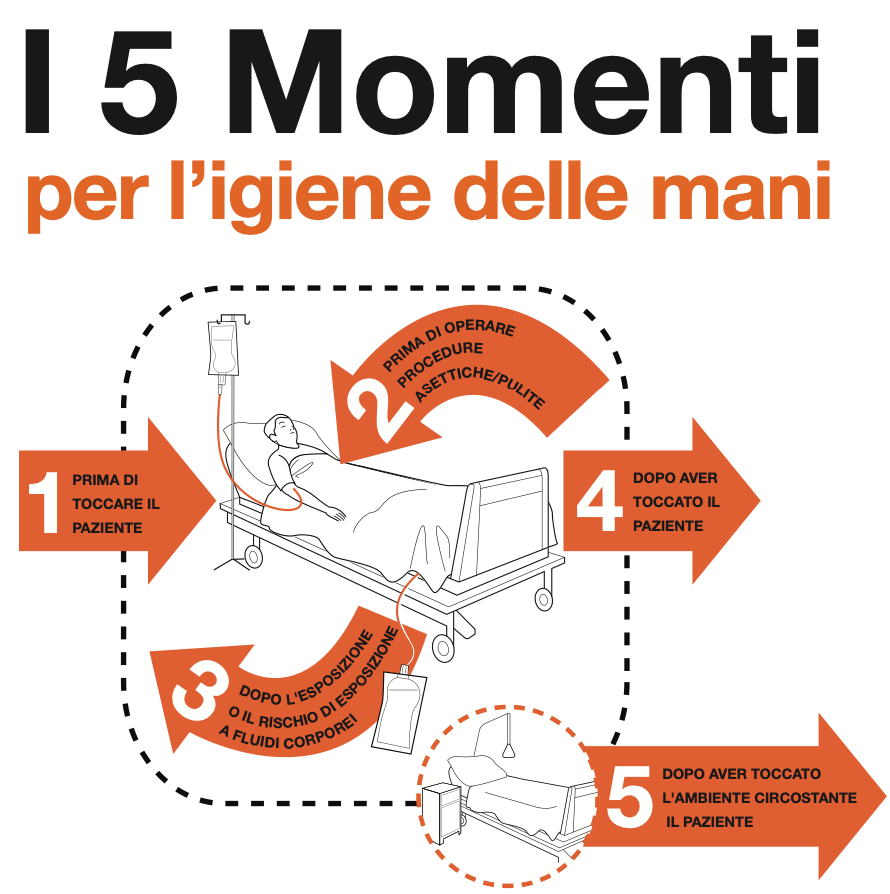 In the Point of care (POC):
In the Point of care (POC):
- three elements meet: the patient, the healthcare professional, the assistance or therapeutic treatment that involves contact with the patient or the surrounding environment
- hand hygiene should be performed in 5 moments indicated by WHO, where care or treatment is provided
- hand hygiene products (e.g. alcohol-based solutions, water, soap, towels) should be easily accessible and as close to the point of care as possible without leaving the patient area.
Last year, WHO declared the 2021 ”Year of Healthcare Professionals” in recognition of the value and particular contribution of these professional figures to public health in the context of the SARS-CoV-2 pandemic. Practicing hand hygiene in the health care setting prevents health care associated infections and the transmission of potentially pathogenic microorganisms both in the setting welfare and in the community. Prevention of healthcare-associated infections is also of paramount importance in reducing drug-resistant infections and the spread of the resistant microorganisms that cause them.
To know more
- World hand hygiene day 2022 poster
- page Hand hygiene thematic site Infectious diseases
- Hand hygiene FAQs Higher Institute of Health website
- page World hand hygiene day WHO site
(Source Ministry of Health)

